
“She read books as one would breathe air, to fill up and live.” Annie Dillard
Here we explore books that take us on a deeper dive into the places in ourselves that really matter. Let’s explore how to bring more meaning to our gatherings (yes please to social connection), weathering our storms, finding solitude and allowing ourselves rest when it matters most, letting go of loneliness, and cookbooks to inspire us to freshen up the mix at mealtime.
On Gathering
Are you having awkward greetings? The kind where you want to hug someone, but wonder if you should elbow-bump instead?
As we begin to gather again outside our pandemic bubbles, it’s the perfect time to take a look at the ways we gather, and how to make those gatherings more meaningful.
So much has changed in the last 16 months and one of the biggest changes has been how we come together in groups. You may have less patience for small talk and no real desire to accept invitations to gatherings you don’t want to go to.
Our first book to summer with is The Art of Gathering: How We Meet and Why it Matters by Priya Parker.
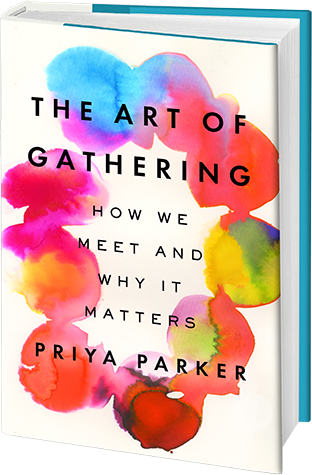
Priya Parker founded Thrive Labs, where she helps activists, elected officials, executives, educators, and philanthropists create transformative gatherings. She is trained in the field of conflict resolution and group dialogue and has worked on race relations at colleges across America.
But even if you don’t fit into one of these groups that Parker routinely helps, this book has great suggestions for every one of us on how to bring more meaning to our get-togethers; even simple dinner parties and birthday gatherings can be infused with purpose.
“Having a purpose simply means knowing why you’re gathering and doing your participants the honor of being convened for a reason,” she writes.
Many chapters have provocative titles including Close Doors, Never Start a Funeral with Logistics, and Keep Your Best Self out of my Gathering.
Parker advocates for meaningful and authentic gatherings, where “fruitful controversy” is created with intention. With so much polarization, I think we all need to be able to have conversations with people we don’t agree with, to listen to their point of view, even if we don’t agree with them.
I hope you will take a look at the book. If listening is more your thing, tune in to hear her speak about bringing meaning in the context of social gatherings, listen in to this Good Life podcast episode.
I’ve spent the last decade with my personal and professional interests overlapping and immersed in the world of books and big ideas. I’ve been fine-tuning what I believe, and at the core of that is community, so thank you for choosing to be here.
Now it’s your turn. What are your thoughts about gathering again? Are you tentative? Do you just want to see all of your people again? Is it important that gatherings have meaning, or is the very act of gathering again infused with meaning in and of itself? Share your thoughts below. I really would love to know what you think.
Being Luminous
What do you do when life hits hard? After devastating heartbreak and a battle with cancer, Sydney-based Australian journalist Julia Baird decided to search for ways to kindle her own inner light, the luminosity that would allow her to carry on, even when the circumstances of life felt debilitating.
With poetic, raw, and unflinching prose, she asks “instead of how do we stay happy, should we ask how do we survive, stay alive, or even bloom when the world goes dark, when we are, for instance, overwhelmed by illness or heartbreak, loss, or pain?”
Her book Phosphorescence: A Memoir of Finding Joy When Your World Goes Dark seeks to explore what monk David Steindl-Rast calls “that kind of happiness that doesn’t depend on what happens.”
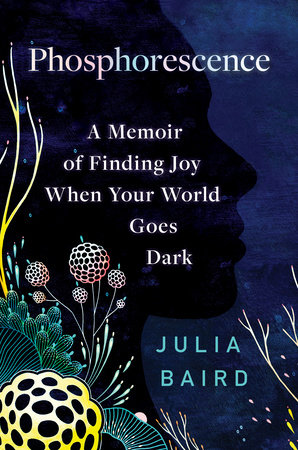
Maybe you are, right now facing a challenging time in your life. Even if your own life is not touched deeply by some kind of grief or despair, you likely know someone who is struggling.
In her intro, she writes:
“What has fascinated and sustained me over these past few years has been the notion that we have the ability to find, nurture, and carry our own inner, living light-a light to ward off the darkness. This is not about burning brightly, it’s about yielding a more simple phosphorescence-being luminous at temperatures below incandescence, having stored light for later use, quietly glowing without combusting. Staying alive, remaining upright, even when lashed by doubt.”
I relate to how she basks in the mystery of nature and the gift of silence, the power of sharing our own imperfect stories, valuing true friendships, and remembering to keep an eye out for and savor even (and perhaps especially) the smallest of moments of delight and wonder.
While we often don’t have a choice about what life throws our way, we can choose to cultivate our inner bioluminescence so that when the hard times happen, we have a resource to help guide us through to the other side.
Kick Burnout to the Curb
So many people I talk to are feeling burnt out. They are tired but wired, crave relaxation but can’t settle down enough to sit still and have this vague underlying sense of anxiety that is increasingly pervasive.
Health educator Emily Nagoski, Ph.D. and her sister Amelia Nagoski have penned some useful and clear ways to address the stress that is getting stuck in your body from the chronic stressors that most of us are experiencing.
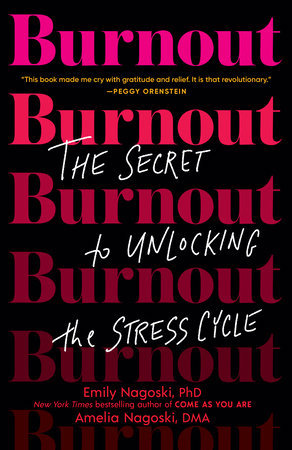
People in the medical field, teachers, and increasingly parents are experiencing burnout at increasing numbers. Nagoski refers to the “Human Giver Syndrome” and the reasons behind why many women carry on a subconscious level the idea that self-care is selfish and the damage that is doing to so many.
The book starts with the vital importance of completing the stress cycle before trying to relax (read about that here), and the systems in place that keep the cycle of burnout going, and most importantly, what you can do about it.
Their message is heartfelt and hopeful.
Wellness is not a state of mind, but a state of action’ it is the freedom to move through the cycles of being human, and this ongoing mutual exchange of support is the essential cation of wellness. It is the flow of givers giving and accepting support, in all its many forms.
The cure for burnout is not “self-care”‘ it is all of us caring for one another.
So then, how can we care for each other and for ourselves just a little more. How can we have more compassion for ourselves and for one another? It’s a question worth pondering, and beginning to act on in as many small ways as we can that allows us to remember that we are already enough, as we are, in this moment.
You can listen to an excellent conversation Brenee Brown had with the Nagoski sisters here.
On Boundaries
Boundaries are a hot topic right and rightfully so. But what exactly are boundaries and how do we have them?
Nedra Glover Tawwab shares really practical ways to establish boundaries in her book Set Boundaries, Find Peace: A guide to reclaiming yourself. If setting boundaries feels uncomfortable to you, you’ll want to take a look at this one.
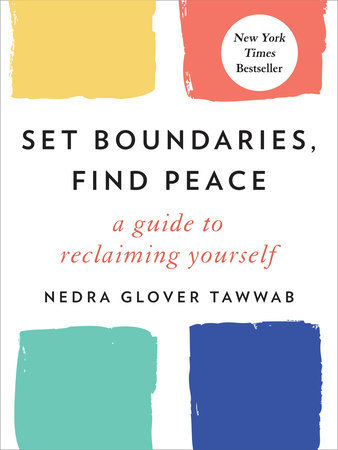
I was lucky enough to connect with Nedra when her book was published earlier this year. She is as genuine as they come and the way she shares her wisdom on boundary-setting feels like it’s coming from a good friend.
Whether it’s in a relationship or at work, she says the key to setting healthy boundaries is to pay attention to how you are feeling. If we feel annoyed by texts from a certain person, or drained by exchanges with someone, that is a sign that a boundary may be missing.
Unfortunately, many of us discount our feelings because of our need to take care of others. Setting boundaries can result in feeling guilty about disappointing or upsetting someone because you are not making yourself available at all times.
And if you are feeling burnt out (see above) and overworked, without any time to take care of yourself, you must set some boundaries.
Nedra insists that you can set your boundaries kindly. You can use manners and make clear requests when you are setting boundaries. This is more easily done when you have not let yourself get pushed to the point of burnout.
Do you have boundaries you need to make clear to people in your life?
I suggest setting some clear times that are for you and you alone. You can start small, some time in the morning to start your day, and maybe some movement time during the day where you turn off your phone, plug into nature, and move your body.
If you’re feeling overwhelmed at the idea of setting boundaries, please grab this book. It will help your relationships and if you’re feeling less than appreciated at work, it can help you there too.
Nedra also shares so many gems on her Instagram page. Find daily boundary inspiration there.
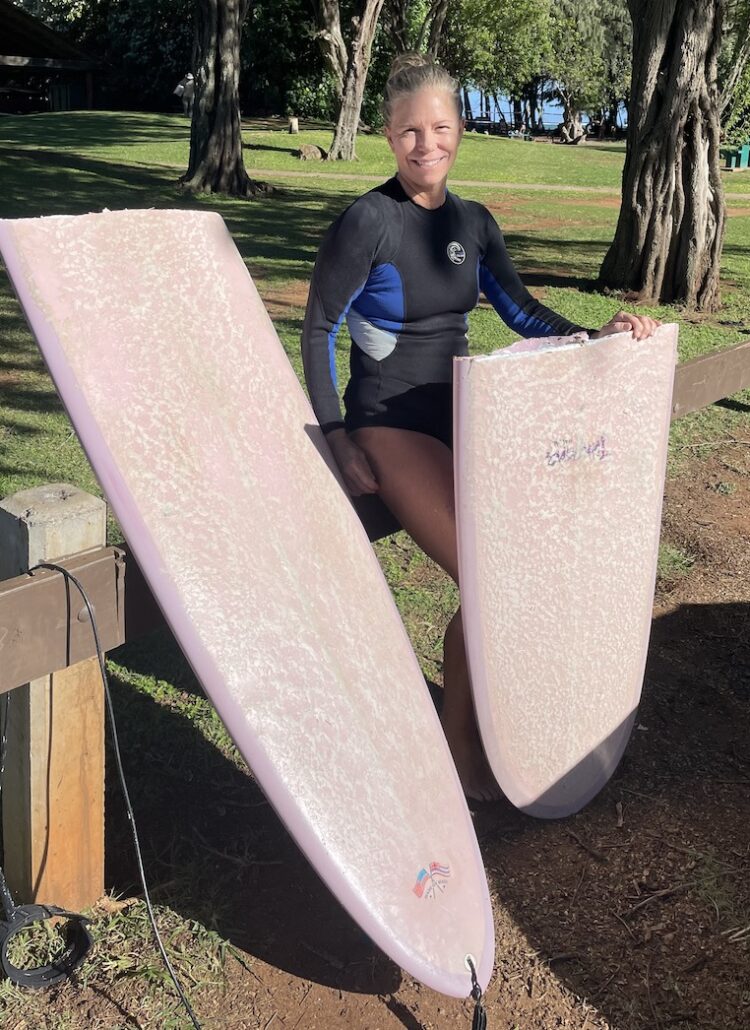
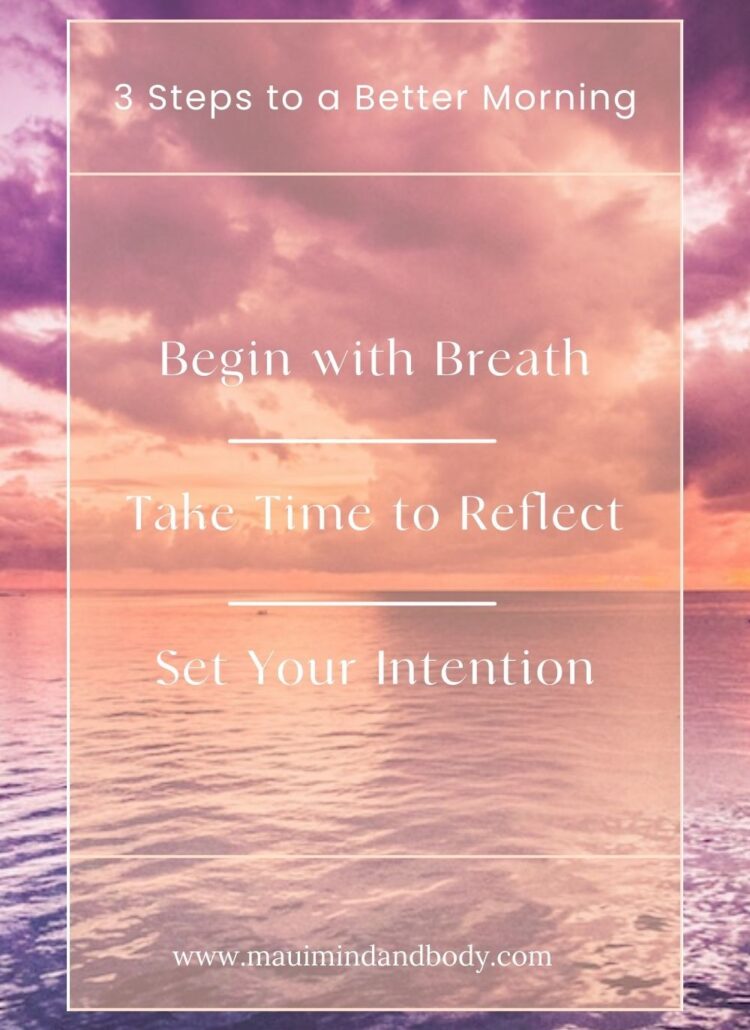
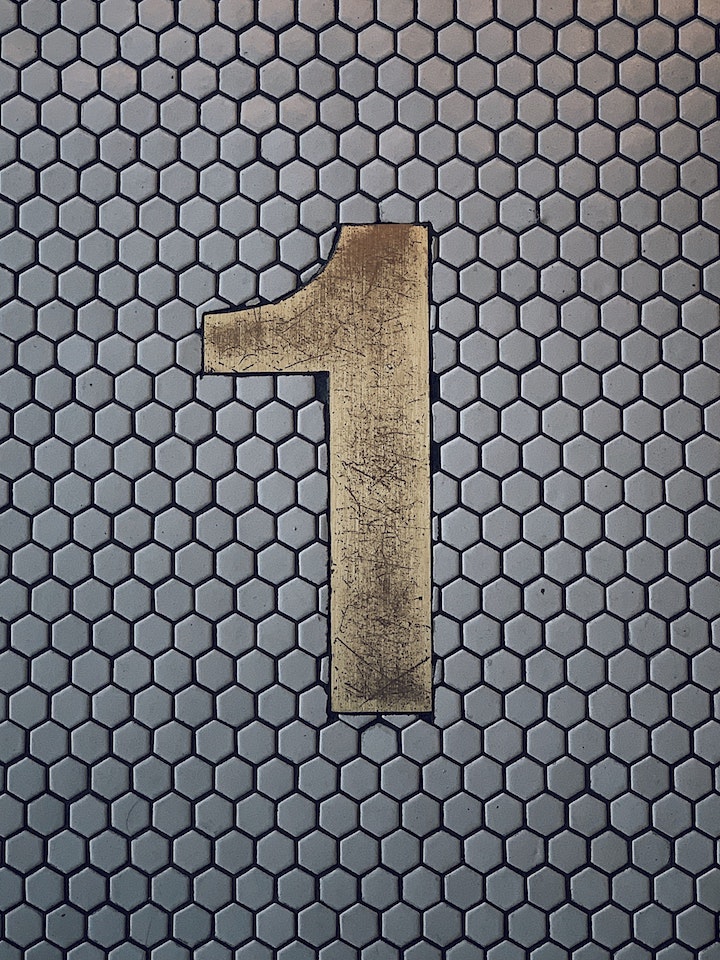




Such a gorgeous work!!
I came to you via spirituality and health magazine, where I’ve written an article about the essence of craniosacral work.
Wondering if you might be open to receiving and reviewing my recent book, EARTH MEDICINE : A FIELD GUIDE, healing and seasons and cycles?